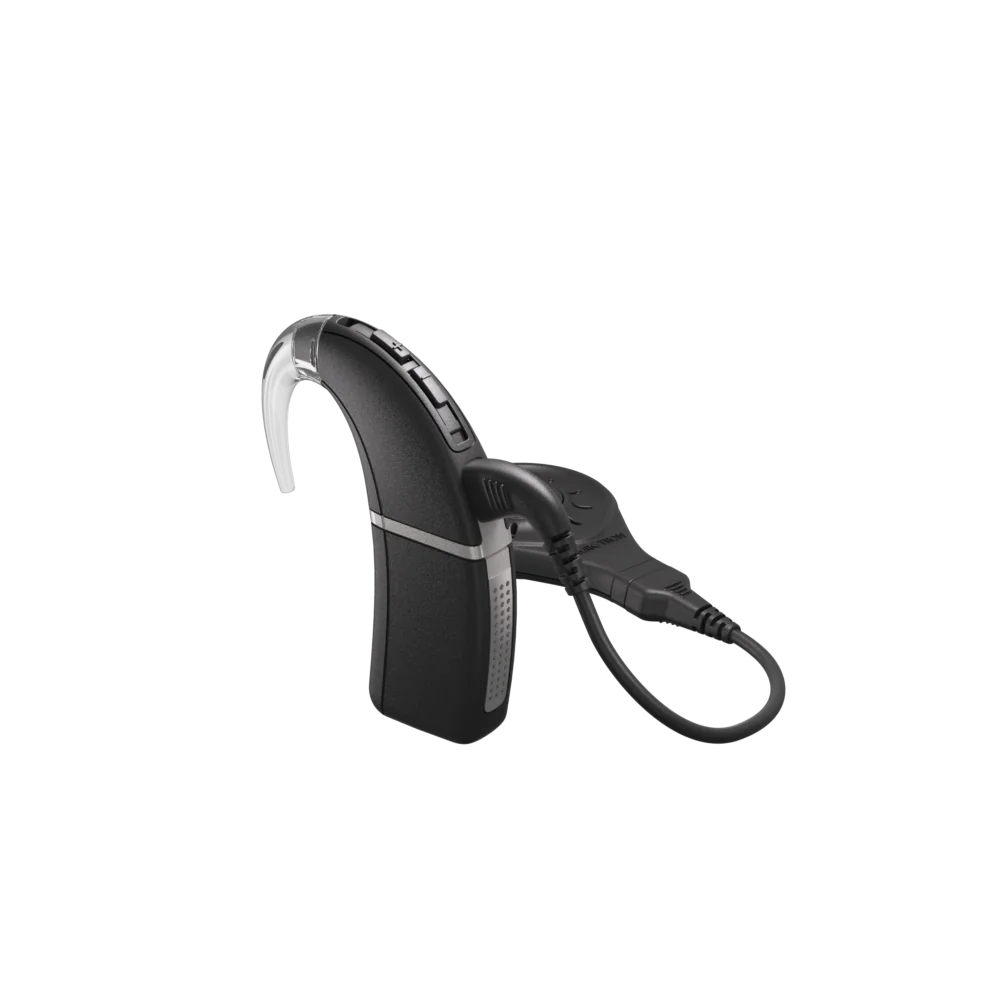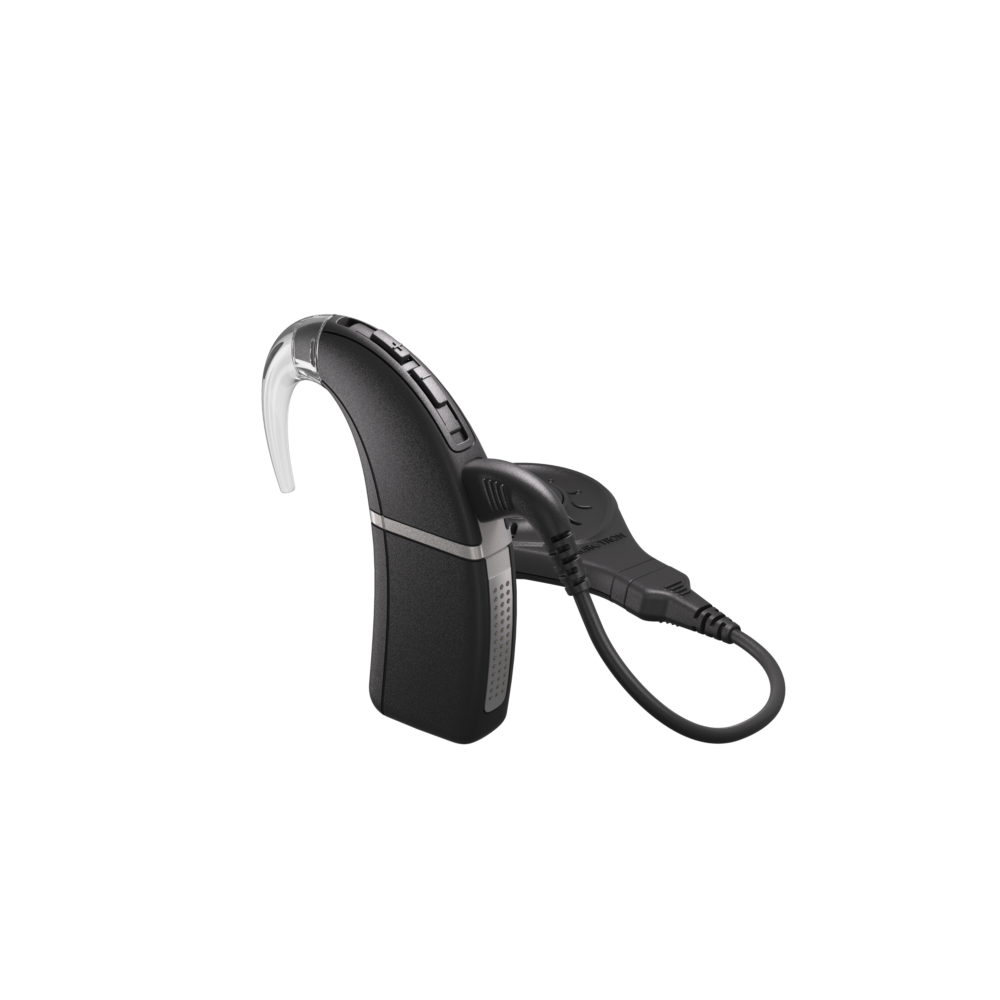The speech processor is a critical component of cochlear implants, serving as the bridge between sound and auditory perception for individuals with hearing loss. By converting sound waves into electrical signals, it enables users to experience sounds that would otherwise be inaudible. This article aims to search the functionality and advantages of speech processors within cochlear implant systems.
Click to find more about speech processor of cochlear implant.
Functionality of Speech Processors in Cochlear Implants

The speech processor functions by analyzing incoming sounds and transforming them into digital signals that can be interpreted by the cochlear implant’s electrodes. It employs sophisticated algorithms to enhance clarity and distinguish different frequencies, which is essential for translate speech in various environments. Moreover, modern speech processors are equipped with advanced features such as noise reduction and directionality, allowing users to focus on specific sounds while minimizing background noise. These technological advancements significantly improve communication abilities for those who rely on these devices.
Nurotron: A Leader in Cochlear Implant Technology
Nurotron has emerged as a prominent player in the field of cochlear implants, particularly known for its innovative approach to developing high-quality speech processors. Their products incorporate cutting-edge technology designed to optimize auditory performance while ensuring user comfort. Nurotron’s commitment to research and development has led to significant improvements in signal processing capabilities, making their devices highly effective for both adults and children with varying degrees of hearing loss. Furthermore, they prioritize user feedback during product design phases, resulting in more intuitive interfaces tailored to individual needs.
Bilateral Cochlear Implants: Enhancing Auditory Experience
Bilateral cochlear implants involve placing an implant device in each ear, providing several advantages over unilateral implantation. The use of two devices allows users to perceive sound from multiple directions—enhancing spatial awareness—which is crucial for effective communication in social settings. Additionally, bilateral recipients often report improved sound quality and better translate of conversations amidst background noise compared to those using only one implant. This dual-implant strategy underscores the importance of comprehensive auditory input facilitated by advanced speech processors.
Click bilateral implants cochlear.
Conclusion: The Significance of Speech Processors in Cochlear Implants
The role of the speech processor within cochlear implants cannot be overstated; it serves not only as a tool for amplifying sound but also as a means through which individuals can reconnect with their environment audibly. As technology continues evolving—exemplified by companies like Nurotron—the potential benefits offered by these devices will likely expand further still. Ultimately, enhancing our translate of how these components function provides valuable insights into improving life quality for those affected by hearing impairments.

